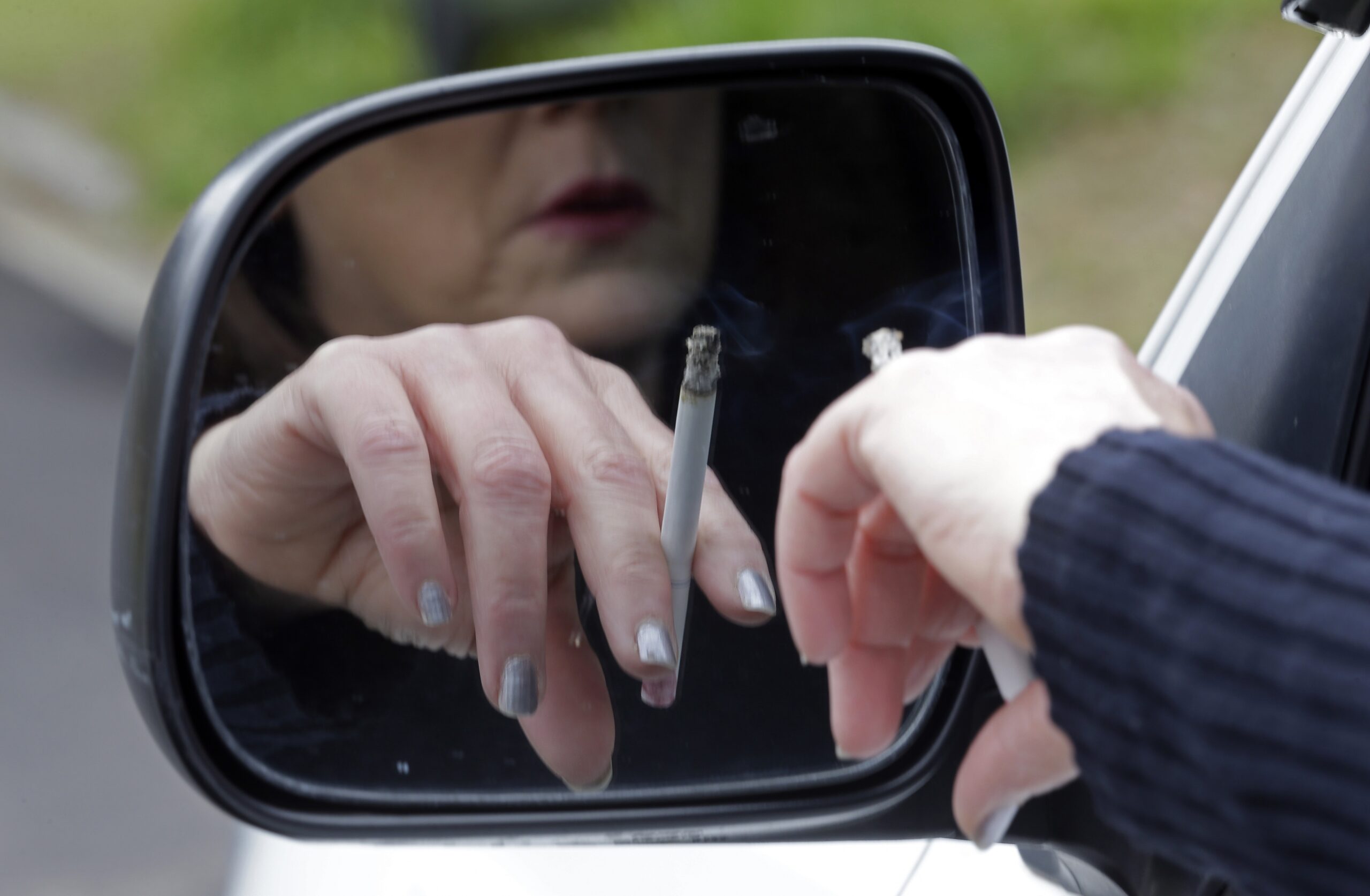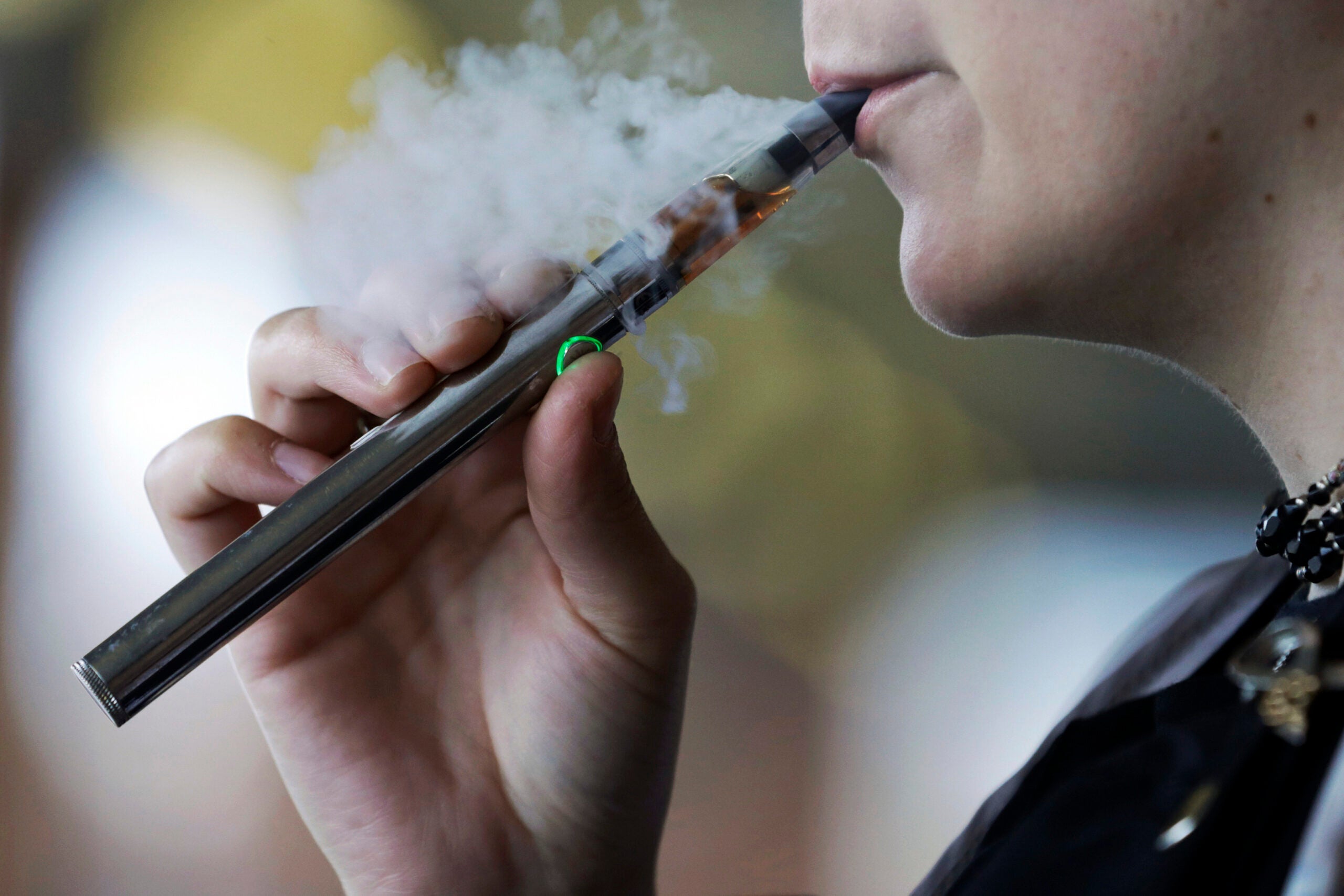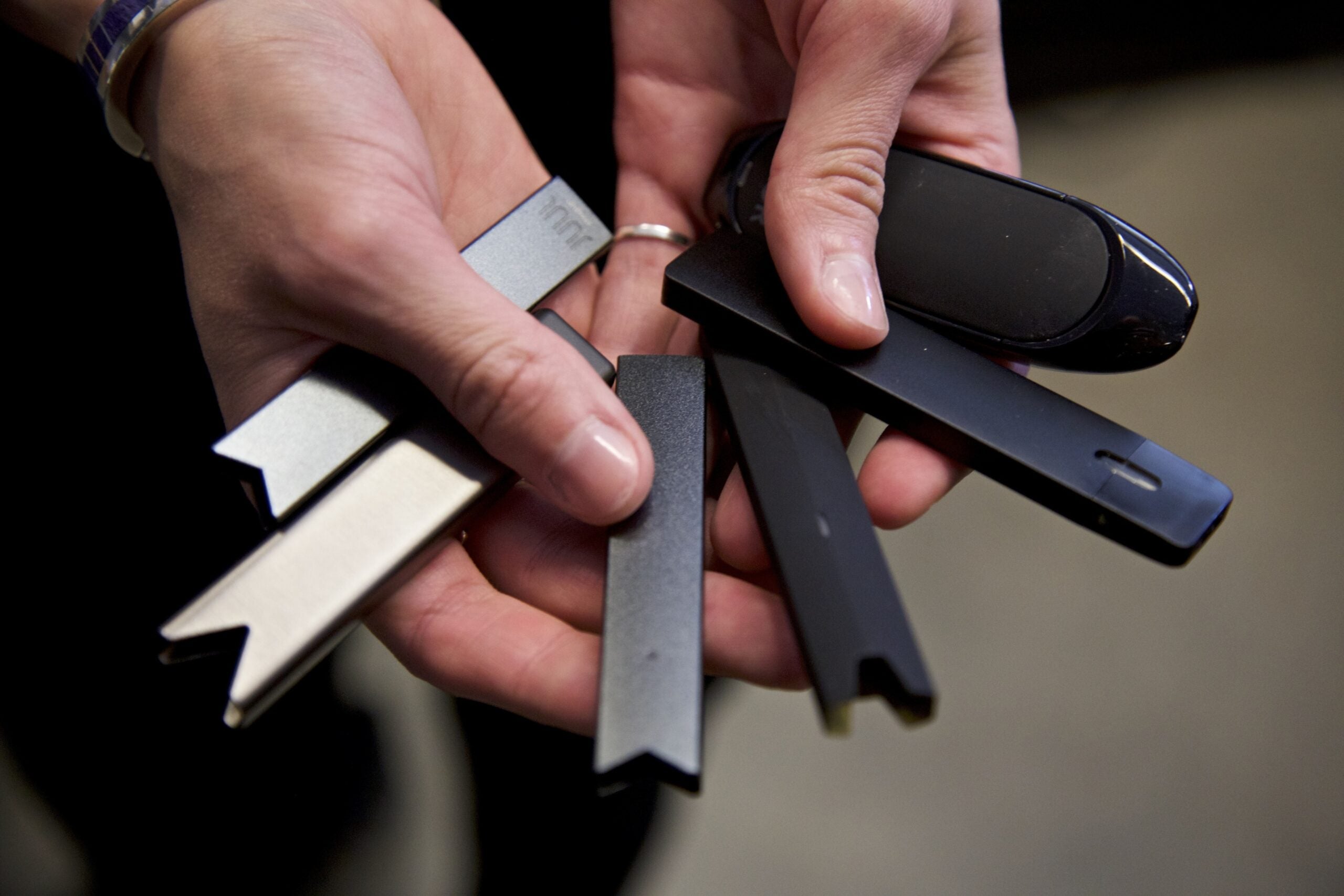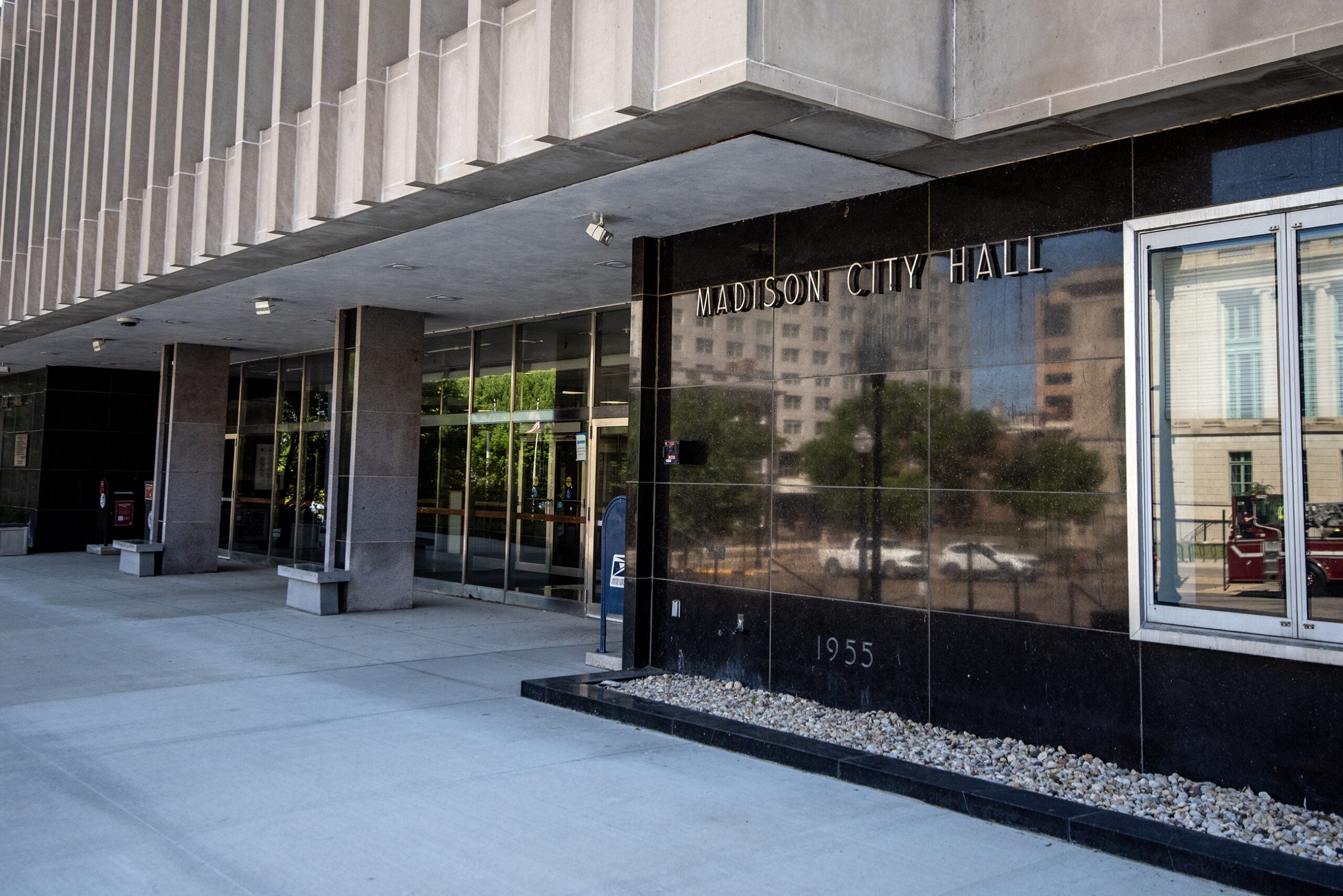A national nonprofit that wants lower taxes on cigarettes says the high cost encourages smuggling. But health groups say higher taxes reduce cigarette sales and discourage smoking. Caught in between are smokers who pay the taxes and states that rely on that revenue.
Last year, just less than 5 percent of the state’s revenue came from what are sometimes called vice taxes on cigarettes, tobacco products, liquor, wine and beer. Most of that revenue – $573 million – came from cigarette taxes.
The tax on a pack of cigarettes is $2.52 in Wisconsin, making it the 10th highest in the United States. Former Democratic Gov. Jim Doyle boosted it to from $1.77 to $2.52 in 2009, and it hasn’t budged since.
Stay informed on the latest news
Sign up for WPR’s email newsletter.
But the national Tax Foundation, a tax policy nonprofit, likens high cigarette taxes to de facto prohibition. They say the higher the taxes, the more likely people are to buy cigarettes in areas with lower taxes and bring them across state lines for sales and consumption.
Joseph Henchman is vice president of legal and state projects at the foundation, and said Wisconsin’s cigarette smuggling rate is among the top in the country.
“Wisconsin is No. 9 in terms of the amount of smuggling happening,” Henchman said. “When you have so many people buying their cigarettes outside of legal channels, that suggest something similar to what we experienced during prohibition in the country.”

Mark Lennihan/AP Photo
Dona Wininsky, with the American Lung Association in Wisconsin, scoffs at the prohibition comparison.
“Cigarettes are probably one of the easiest products to get anywhere,” Wininsky said. “They’re sold in every convenience store, in just about every pharmacy. You can’t say that a product that is that readily available is approaching prohibition. Is it getting pricey? Sure it is.”
On a cold winter day, it’s hard to distinguish the smokers from those who are just breathing; everyone’s exhaling small white puffs from their mouth as they stroll on Madison’s State Street nearing the University of Wisconsin-Madison campus or waiting for a bus.
But 35-year-old Angelo Pioona-Turner of Madison is one of the few people smoking. He tries not to smoke in front of others. “It’s a courtesy thing,” he said. But sometimes he does. He’s hooked.
“When I wake up in the morning, I usually smoke a cigarette right away. After meals, when I’m driving, before I go to bed, if I’m stressing a lot,” Pioona-Turner said.
He said if a pack of cigarettes was more than $10, he’d likely quit. He doesn’t know how much tax he pays on a pack, he just knows the overall cost is “way too expensive.”
“I’ve been smoking for probably 10 years now,” he said. “I went back and forth between half a pack and a pack a day. When I first started smoking, cigarettes were $5.50 to $6. Now it’s almost $10 for a pack; between $8.50 and $9 for a pack of cigarettes.”
Wininsky, of the American Lung Association, said as price goes up, sales tend to go down – but not across the board.
“We know from experience in other states, and it’s also Centers for Disease Control best practice. They’ve studied it. They have seen when the price of tobacco products go up, that discourages kids in particular from smoking,” Wininsky said. “It has a little less impact on adults but we even see adults decrease their smoking when the price goes up.”
And that means less revenue for tobacco companies. In Wisconsin, cigarettes sales have been going down as prices go up. According to the Tax Burden On Tobacco report, 313 million packs were sold in 2009 compared to 229 million packs in 2014.
Those numbers reflect legitimate purchases in which taxes were paid. Not counted are cigarettes smuggled in from other places and illegal online sales – though not all online sales are illegal, sites collecting taxes for states are legal.
According to The Tax Foundation, nearly 27 percent of cigarettes consumed in Wisconsin are smuggled.
But the state’s figures are much lower; anywhere between 5 and 7 percent. Wisconsin Department of Revenue spokesman Casey Langan said in 2015, tax evasion rates were estimated to be between 5.8 to 7.7 percent.
Langan said smuggling rates are based on a method that takes into account trends in cigarette tax collections and smoking rates.
So smuggling rates and their link to taxes depends on who you ask. Currently, no elected officials in Wisconsin are talking publicly about higher taxes on cigarettes. And it’s a hard sell for health advocates who have powerful opponents in the tobacco industry and groups like the Tax Foundation who want lower taxes.
Wisconsin Public Radio, © Copyright 2024, Board of Regents of the University of Wisconsin System and Wisconsin Educational Communications Board.






